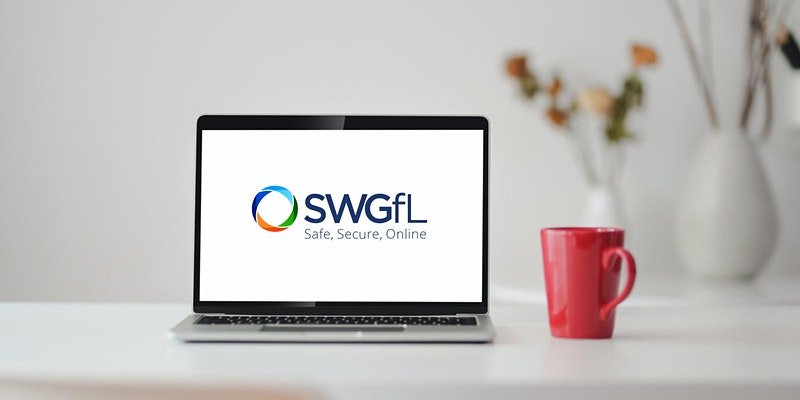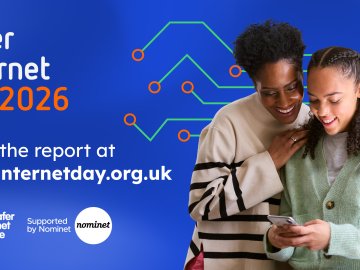The publication of two pivotal Codes of Practice by Ofcom under the Online Safety Act 2023 has now been published. These Codes represent the initial steps towards establishing a robust framework designed to shield children from illegal activities and harmful content on digital platforms.
Welcoming the First Draft Codes
Ofcom’s action in delivering these draft Codes is commendable, as it discharges its new regulatory obligations towards a secure digital space for young users. The regulation’s aim is to empower and support children, ensuring their online experiences are safe and enriching. The innovative measures proposed by Ofcom set the basis to propose high standard for digital services, a move we firmly support as it aligns with our goal of fostering a safer online world.
Addressing Concerns and Areas for Improvement
Despite the positive steps, SWGfL along with other charitable leaders in the online safety space including the NSPCC and the 5 Rights Foundation harbour concerns that the current approach may fall short of the comprehensive protection children require. The Codes, as they stand, need to address several critical areas to meet the expectations of parents, parliamentarians, and civil society effectively.
- Comprehensive Address of Risk: The current Codes lack a holistic approach to mitigating risks on digital platforms. Services must be mandated to tackle all identified risks, ensuring no loopholes exist. The measures outlined in the Codes should be outcomes-based, focusing on the complete spectrum of harms children might face online.
- Proactive and Preventative Safety by Design: A key shortfall in the current draft is the lack of emphasis on integrating safety by design. Platforms should embed safety features from the outset, prioritising harm prevention. The Codes should push for the use of proactive technologies that can detect and disrupt illegal and harmful content early on, thereby reducing the onus on children to protect themselves.
- Protection for the Youngest Users: Ensuring that the youngest children are shielded from accessing inappropriate platforms is crucial. The regulation must enforce age-appropriate experiences and compel services to adhere strictly to their minimum age limits. A more explicit requirement in the Codes will help safeguard the youngest and most vulnerable users.
The Online Safety Act
For the Online Safety Act to truly prioritise children’s safety and address the complex risks of the online world, Ofcom must accelerate and take bolder steps. The regulator needs to leverage its full authority to demand significant changes, ensuring the implementation of a robust regulatory regime. Should Ofcom’s current measures prove insufficient, it is imperative for the Government to hold the regulator accountable and consider additional legislative or regulatory measures to strengthen these protections.
To tackle some of the key challenges highlighted above, the UK Safer Internet Centre has put together a five-point plan that we urge the Government to act on in:






